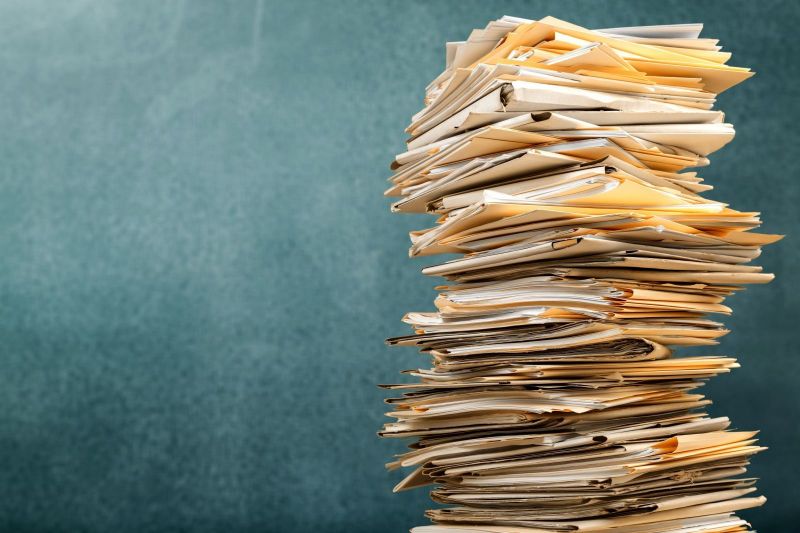
Bookkeeping Basics: Everything You Need to Know to Keep Your Financial Records in Order
Bookkeeping is the process of recording and summarizing financial transactions. It is an essential part of running a business, as it helps you track your income and expenses, make informed financial decisions, and comply with tax laws.
In this blog post, we will discuss the basics of bookkeeping for small business owners. We will cover topics such as:
- What is bookkeeping?
- The different types of bookkeeping records
- How to set up a bookkeeping system
- How to track your income and expenses
- How to prepare financial statements
- How to file taxes
We will also provide some tips for staying on top of your bookkeeping, even if you don't have a lot of time or accounting experience.
What is bookkeeping?
Bookkeeping is the process of recording and summarizing financial transactions. It includes recording the date, amount, and type of transaction, as well as the accounts affected by the transaction.
Bookkeeping is important for small business owners because it helps them:
- Track their income and expenses
- Make informed financial decisions
- Comply with tax laws
The different types of bookkeeping records
There are three main types of bookkeeping records:
- Journals: Journals are used to record individual financial transactions.
- Ledgers: Ledgers are used to summarize the transactions recorded in the journals.
- Financial statements: Financial statements are prepared from the information in the ledgers.
How to set up a bookkeeping system
There are many different ways to set up a bookkeeping system. The best way for you will depend on your business size and needs.
If you are a small business owner with a simple financial situation, you may be able to use a simple spreadsheet to track your income and expenses. However, if your business is more complex, you may need to use a more sophisticated bookkeeping software program.
How to track your income and expenses
The first step in tracking your income and expenses is to create a list of all your income sources and expense categories. Once you have a list, you can start tracking your income and expenses using a spreadsheet or a bookkeeping software program.
It is important to track your income and expenses accurately, as this information will be used to prepare your financial statements.
How to prepare financial statements
Financial statements are a summary of your business's financial performance. They include the balance sheet, income statement, and statement of cash flows.
The balance sheet shows your business's assets, liabilities, and owner's equity. The income statement shows your business's income and expenses for a specific period of time. The statement of cash flows shows your business's cash inflows and outflows for a specific period of time.
How to file taxes
Small businesses are required to file taxes with the Internal Revenue Service (IRS). The type of taxes you need to file will depend on your business structure and income.
The most common taxes that small businesses need to file are:
- Income tax: Income tax is a tax on the profits your business earns.
- Self-employment tax: Self-employment tax is a tax on the profits your business earns, and it is paid by self-employed individuals.
- Sales tax: Sales tax is a tax on the sale of goods and services.
- Employer's taxes: Employer's taxes are taxes that businesses pay on behalf of their employees.
Tips for staying on top of your bookkeeping
Here are some tips for staying on top of your bookkeeping:
- Set up a bookkeeping system and track your income and expenses regularly.
- Prepare financial statements on a regular basis.
- File your taxes on time.
- Get professional help if you need it.
Keeping track of your finances is essential for small business owners. By following these tips, you can stay on top of your finances and make informed financial decisions that will help your business succeed.